How to Write a Novel #2 - Character
I myself have wondered where my characters have come from. I have written not only about girls and women, but about friars, soldiers, other men. Some of these characters were inspired by my life or by people I have known or met. But some of them seemed to have come from the Muse directly, as the General did in my short story, "The Black Man in the Forest." I recall I was working on another story, "Woman With Horns," and I was writing the funeral part of the older woman, when suddenly, in my imagination, the following happened:
"Near the hearse, an old man riding a horse stopped them. He was dressed in a revolutionary uniform with medals hanging on his chest, and a gun in his right hand which he fired once. Gasping, the mourners stopped still. The old man ordered the men to open the casket. He got off his horse, bent over the casket and planted a kiss on the corpse's lips. Then, he got back on his horse and galloped off."
Even after I finished the story, the image of this soldier stayed with me and I wondered who he was and why he showed up at the funeral to kiss the old woman goodbye. I knew that he had loved the woman, which was why he had to see her one last time, but I wanted to know more about him. In my imagination, I started to make up a back story for him, or as writers say, I "fleshed-him out." Another short story developed from this character who appeared in Woman With Horns.
Whether I'm using my own life or other people's lives as models for my characters, I still work on them to flesh them out. By this I mean I give my characters their own distinct personalities; I vest them with a past, with conflict, with motivation, with loves/hates, and so on.
This is something most writers do. They will take each character and do a kind of curriculum vitae or a running narrative about the m. I have some questions that I answer about each of my characters. When I was a beginning writer, I was more diligent about answering each question. Now I do a lot of the work in my head. I ponder over the characters, wonder about each one as one would over a new friend.
What follows is from my book, Fundamentals of Creative Writing:
Following are the questions, but keep in mind that the more important questions have to do with the “character” of your fictional people. Motivation for instance is very important – what does your character want? Some writers say that in a story a character wants something and in the end either gets it or doesn’t. You will find this is true in many traditional stories: for instance a woman wants revenge, or a man wants to be rich. These characters will move or take the steps to try and get what they want. They either succeed or fail.
1. What is the person’s full name, age, date and
place of birth?
2. What was the person’s family life like? What
were parents and siblings like?
Environment? Schooling?
Environment? Schooling?
3. How tall is this person? How heavy? Color of
hair, eyes? Anything unique about
his/her looks?
his/her looks?
4. Whom/what does the person love? Hate?
5. What gives this person the greatest joy?
6.
What is the happiest moment of the person? Saddest? Most embarrassing?
7. What does the person want to accomplish in
life? (long term as well as short term
goals)
goals)
8. What is the immediate tangible thing that the
person wants?
9. What is the person’s obsession?
10. What is his/her recurring dream?
11. What is his/her recurring memory?
12. What is the person’s favorite pastime?
13. What does the person do for a living? How
does he/she feel about the job?
14. Any personality quirks?
~~
Once I know a character well, I can pinpoint the turning points in his/her life.
There is something else that goes on in my imagination as I work on my characters. I start
to have "visions" about this character. I can "see" them in my imagination. Just as I saw
the General get off the horse to kiss the dead women, I will see a character in a particular
room for instance, or walking or swimming. These images excite me because that means I'm
that much closer to writing a story. I will continue to explore the images. For instance, if
the image is from another time and place, I will do research.
My first novel, When the Rainbow Goddess, is set during World War II in the Philippines;
and I had to do research to make sure the world I created was authentic. Now, my current
novel is set in the Philippines in the early 1900s, and I have to study that time period as well.
Did they have street lamps then? What did the roads and buildings look like?
What clothes did the people wear? These are some of the questions I answer as I build
my fictional world.
to have "visions" about this character. I can "see" them in my imagination. Just as I saw
the General get off the horse to kiss the dead women, I will see a character in a particular
room for instance, or walking or swimming. These images excite me because that means I'm
that much closer to writing a story. I will continue to explore the images. For instance, if
the image is from another time and place, I will do research.
My first novel, When the Rainbow Goddess, is set during World War II in the Philippines;
and I had to do research to make sure the world I created was authentic. Now, my current
novel is set in the Philippines in the early 1900s, and I have to study that time period as well.
Did they have street lamps then? What did the roads and buildings look like?
What clothes did the people wear? These are some of the questions I answer as I build
my fictional world.
I'm going to end this here, dear Readers.
If you read "The Black Man in the Forest" or some other fictional work of mine, try to see
if the characters are fleshed-out, if they are unique, memorable, if they have motivation. Also
note that the story is written in Scenes -- still another topic that needs to be discussed, but take
a note of it. The story is moving through several scenes, that is from one specific place to
another. More on that later on.
if the characters are fleshed-out, if they are unique, memorable, if they have motivation. Also
note that the story is written in Scenes -- still another topic that needs to be discussed, but take
a note of it. The story is moving through several scenes, that is from one specific place to
another. More on that later on.
I think you have enough to think about today. I'll write more about writing in the future.
Have a great Friday.
Be sure to Read How to Write a Novel #1



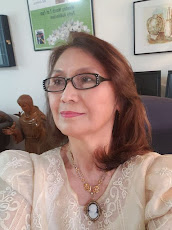

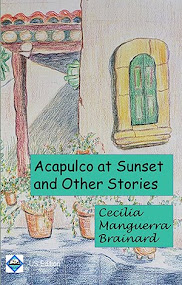



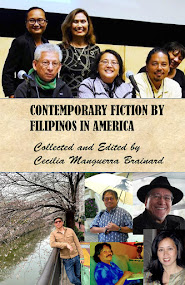
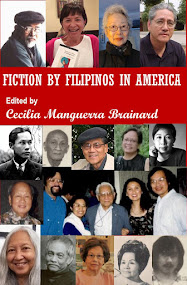



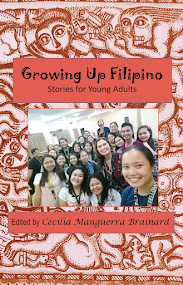
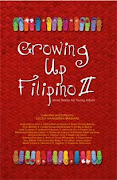


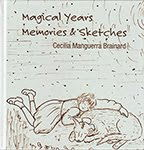


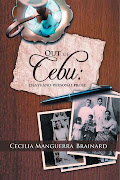



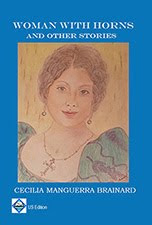

No comments:
Post a Comment